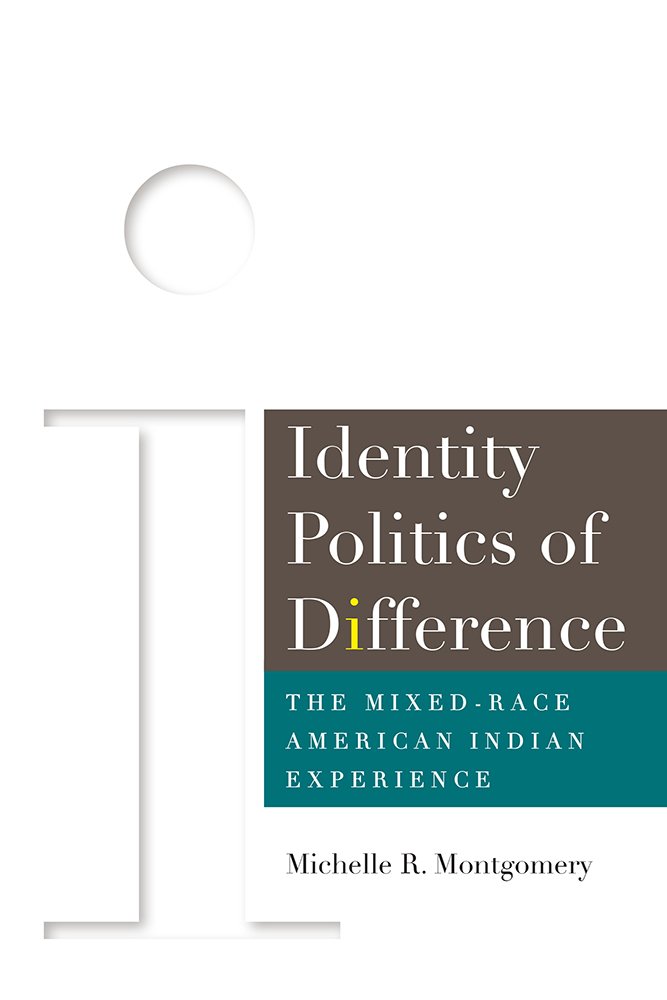Identity Politics of Difference: The Mixed-Race American Indian ExperiencePosted in Anthropology, Books, Campus Life, Identity Development/Psychology, Media Archive, Monographs, Native Americans/First Nation, Teaching Resources, United States on 2017-10-17 02:36Z by Steven |
Identity Politics of Difference: The Mixed-Race American Indian Experience
University Press of Colorado
2017-08-15
168 pages
1 table
Hardcover ISBN: 978-1-60732-543-7
Michelle R. Montgomery, Assistant Professor
School of Interdisciplinary Arts & Sciences, American Indian Studies, and Ethnic, Gender & Labor Studies
University of Washington, Tacoma
In Identity Politics of Difference, author Michelle R. Montgomery uses a multidisciplinary approach to examine questions of identity construction and multiracialism through the experiences of mixed-race Native American students at a tribal school in New Mexico. She explores the multiple ways in which these students navigate, experience, and understand their racial status and how this status affects their educational success and social interactions.
Montgomery contextualizes students’ representations of their racial identity choices through the compounded race politics of blood quantum and stereotypes of physical features, showing how varying degrees of “Indianness” are determined by peer groups. Based on in-depth interviews with nine students who identify as mixed-race (Native American–White, Native American–Black, and Native American–Hispanic), Montgomery challenges us to scrutinize how the category of “mixed-race” bears different meanings for those who fall under it based on their outward perceptions, including their ability to “pass” as one race or another.
Identity Politics of Difference includes an arsenal of policy implications for advancing equity and social justice in tribal colleges and beyond and actively engages readers to reflect on how they have experienced the identity politics of race throughout their own lives. The book will be a valuable resource to scholars, policy makers, teachers, and school administrators, as well as to students and their families.



